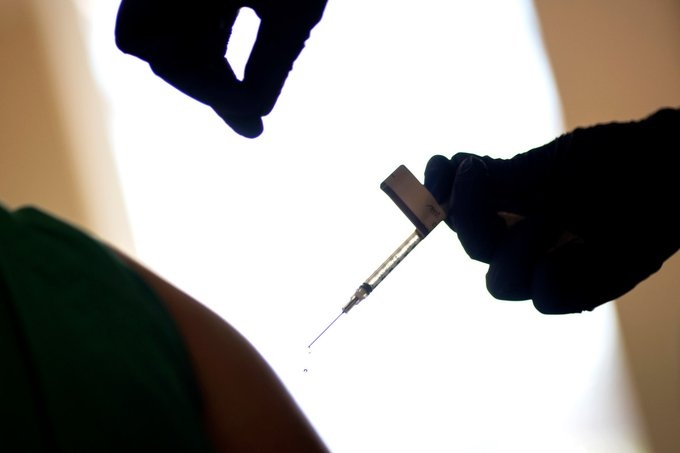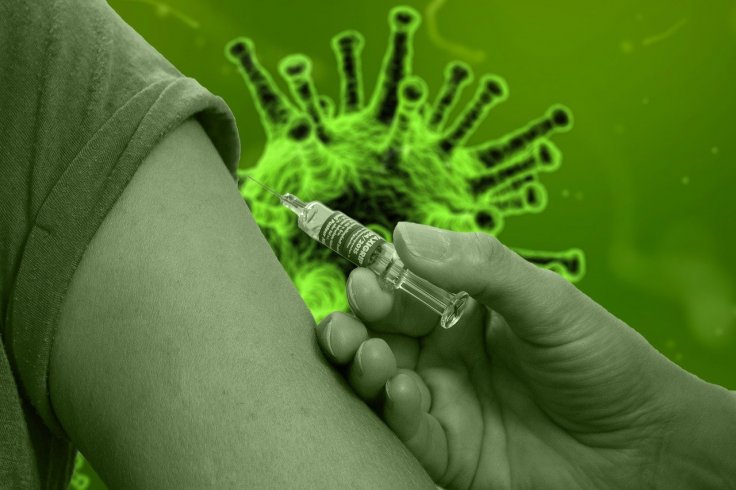A coronavirus vaccine developed by China's Sinovac is not 78 percent but just 50.4 percent effective, according to the latest results of Brazilian clinical trials. But is this new data concerning countries which began vaccination program with Sinovac jab?
The answer is maybe not, as Indonesia's President Joko Widodo rolled up his sleeve to receive the first dose of Sinovac Biotech's CoronaVac on Wednesday, January 13. He took the jab just two days after Indonesia became the first country out of China to grant emergency use authorization to the Sinovac vaccine.
Indonesia has already secured 330 million Sinovac vaccine doses and as of now, almost 29 million doses have been delivered to the country. Other Southeast Asian countries, including Thailand, Malaysia, Philippines and Vietnam, are getting ready to secure Sinovac COVID-19 vaccines, even though new data shows a fall in claimed efficacy rate.

Sinovac Vaccine and Southeast Asia
Previously, Brazil's public Butantan Institute reported that after conducting a trial in the south American country, the Sinovac vaccine was found to be 78 percent effective against "mild-to-severe" COVID-19 cases. But on Tuesday, January 12, the researchers said that calculations did not include data from a group of "very mild infections" among those who received the vaccine that did not require medical assistance.
The recently revealed efficacy percentage is much lower than what Turkey (91.25%) and Indonesia (65%) had previously reported from separate clinical trials.
Yanzhong Huang, a senior fellow for global health at the Council on Foreign Relations in New York, said that the low efficacy rate will have "implications" for vaccine diplomacy of China and its domestic vaccination program. The confusing data can also complicate matters for the World Health Organization (WHO) which is now assessing whether to add the Sinovac COVID-19 vaccine to its emergency-use listing.
Huang explained that the Sinovac vaccine is at the borderline of the WHO imposed cutoff efficacy rate, which is 50 percent. So, according to him, the UN health agency might not find it easy to make the decision to pre-qualify the vaccine. "Because...it may raise doubts over whether the WHO made the decision to defer to the Chinese government's request, so there's the question of credibility and reputation at stake," he added.

However, a 50-percent effective jab would be still better than nothing. America's top infectious disease expert, Anthony Fauci, said last year that a 50 percent to 60 percent efficacy rate would be acceptable.
An immunologist at the Icahn School of Medicine at Mount Sinai in New York, Florian Krammer, said regarding the Sinovac COVID-19 vaccine, "Likely still useful. But not really my first choice..."
So far, the new efficacy data did not appear to have raised concerns among the Southeast Asian countries. According to reports, Thai Prime Minister Prayut Chan-o-cha said this month that the country would receive two million Sinovac vaccine doses.
This week, the Philippines announced that its first-ever batch of COVID-19 vaccines will be from China's Sinovac with the first 50,000 doses allotted for the country's frontline medical workers.
Malaysian Prime Minister Muhyiddin Yassin said in December 2020, "The government is in the final stage of negotiation with Sinovac, CanSino, and Gamaleya to secure vaccine supply increase of more than 80 percent of the country's population or 26.5 million." According to recent reports, the country has procured 14 million Sinovac doses, in addition to 25 million shots from Pfizer-BioNTech and 6.4 million doses from AstraZeneca.









